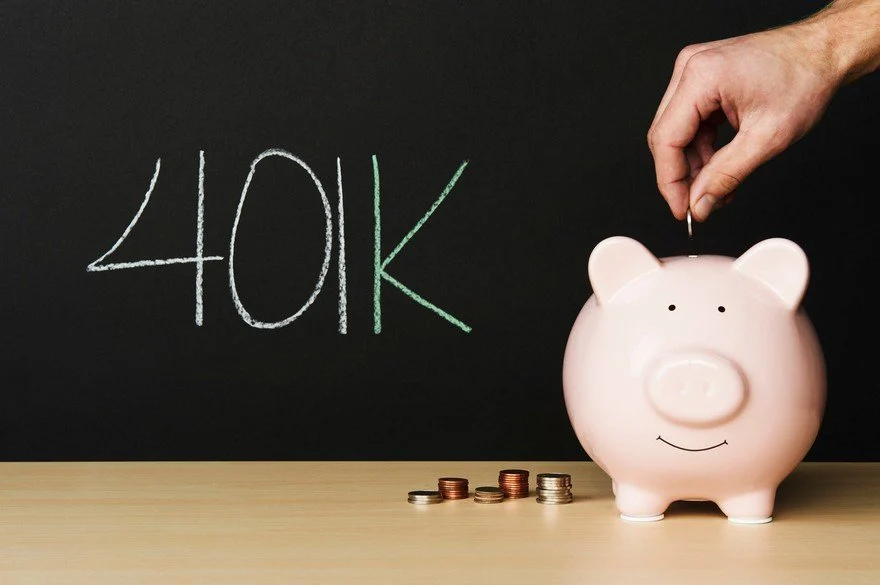A 401(k) plan is a tax-advantaged retirement savings account that has become one of the most popular types of employer-sponsored retirement plans in the United States. Named after the section of the U.S. Internal Revenue Code that governs them, 401(k) plans allow employees to save and invest for their retirement on a tax-deferred basis.
How Does a 401(k) Work?
Employees who participate in a 401(k) plan agree to have a portion of their salary paid directly into an account before taxes are taken out. These contributions are typically made through payroll deductions, making it an easy and convenient way to save. Because contributions are made with pre-tax dollars, they reduce the amount of income that’s subject to federal income tax. Additionally, any investment gains in a 401(k) accumulate tax-free until the money is withdrawn, usually after retirement.
Employers often match a portion of employee contributions as an incentive to participate in the plan. This match can vary significantly from one employer to another but commonly is something like 50 cents or dollar-for-dollar up to a certain percentage of employee contributions.
Types of 401(k) Plans
There are primarily two types of 401(k) plans: traditional and Roth. In traditional 401(k)s, your contributions reduce your taxable income because they’re made with pre-tax dollars, and you pay taxes on withdrawals during retirement. Conversely, Roth 401(k)s are funded with post-tax dollars—meaning you don’t get a tax break when you contribute but enjoy tax-free money on qualified distributions during retirement.
Investment Options
The investment options within a 401(k) typically include mutual funds that cover various assets classes such as stocks, bonds, and real estate among others. Employees choose where their money is invested and can adjust their portfolio according to their risk tolerance and investment goals.
Withdrawal Rules
Generally, you can begin withdrawing funds from your 401(k) when you reach age 59½ without penalties. Early withdrawals may be subject to income taxes along with an additional 10% penalty unless specific criteria are met (e.g., hardship withdrawals).
At age 72 (or after retiring if later), holders must start taking required minimum distributions (RMDs), which are calculated based on their account balance and life expectancy.
Benefits of Having a 401(k)
The primary benefit of participating in a 401(k) plan is its ability to help accumulate retirement savings seamlessly through regular payroll deductions along with potential employer matching contributions which can substantially grow one’s nest egg over time due to compounded growth.
Furthermore, plans often offer flexibility in terms of loans or hardship withdrawals under certain conditions which can provide financial assistance during emergencies without completely derailing long-term savings goals.
In conclusion while there are various vehicles for saving for retirement such as IRAs annuities and personal investments the ease combined benefits robust protection against taxes make the 401k an attractive option for many American workers aiming toward financial security in their later years



